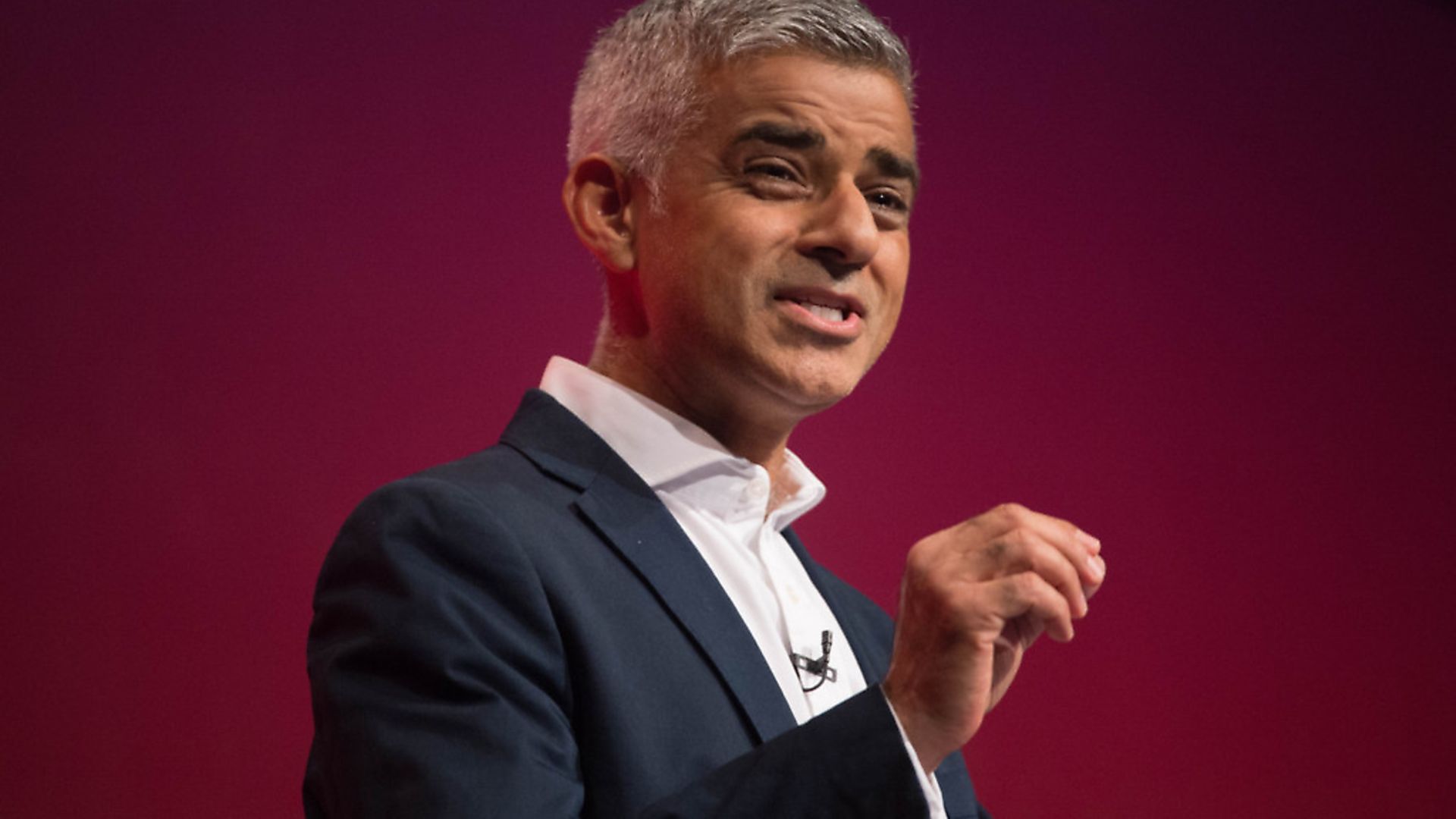Sadiq Khan did us a double service with the Wednesday press conference at which he unveiled research to suggest that leaving the EU has cost Britain £140 billion and 2 million jobs. Not only did Khan break the dismal Brexit omerta among senior politicians, but the reaction has also allowed us a look at the arguments that would be used against Keir Starmer if and when Labour’s leader decides to put the issue back on the table.
Susan Hall, the deeply flawed Tory mayoral candidate who currently trails Khan by 25 points in the polls, accused her rival of “banging on about Brexit”. Neil Garratt, Conservative leader in City Hall, said “it makes no sense to revisit Brexit. We need to look forward not back,” and that Khan was “ignoring the real problems in London… crime, transport, housing”. From No.10, a spokesperson claimed Khan’s figures were wrong and that: “’The IMF forecast for medium-term growth is brighter than many of our European neighbours – that includes France and Germany. And, obviously, Brexit provides us with freedoms that are enabling the public to access medicines faster, allowing farmers to get more support from the government and for us to seek free trade agreements.”
This was desperately weak stuff, suggesting that the force of any Brexit backlash Starmer might receive has been greatly exaggerated. The arguments offered for doing and saying nothing were risible.
Of course, Brexit is one of the “real problems” facing London. It has, Khan said, cost Londoners £3,400 apiece. The loss for the average UK citizen is £2,000, making it a “real problem” for the rest of us too, especially in a cost-of-living crisis.
Burbling about positive medium-term forecasts is hardly a ringing vindication of the 2016 vote, especially when current real GDP growth is at 0.6% compared to the EU’s 1.5%. Claims about faster vaccine rollouts might have won votes in mid-2021, but how relevant are they to hard-up voters now? And it would be interesting to see Britain’s farmers react to the idea that they are getting more support now than they ever did from the EU, and that free trade deals with the likes of Australia and New Zealand have been beneficial. I suspect their response would be a single word, also used to describe what their animals produce tonnes of each day.
As for “we need to look forward, not back”, this is the worst kind of nonsense. The raison d’être of an incoming government is to change the course set by the outgoing one, to change and improve upon decisions made in the past. Hall and Garratt might claim that Brexit must not be revisited lest it tears the country apart, but this ignores the fact that the effects of Brexit are already tearing the country’s finances apart.
In the past few days, fuelled by an exceptional TV drama, Britain has been rightly outraged by a scandal that unfolded while politicians tiptoed around the issue of a dreadful blunder. Can we really afford to do the same again?










